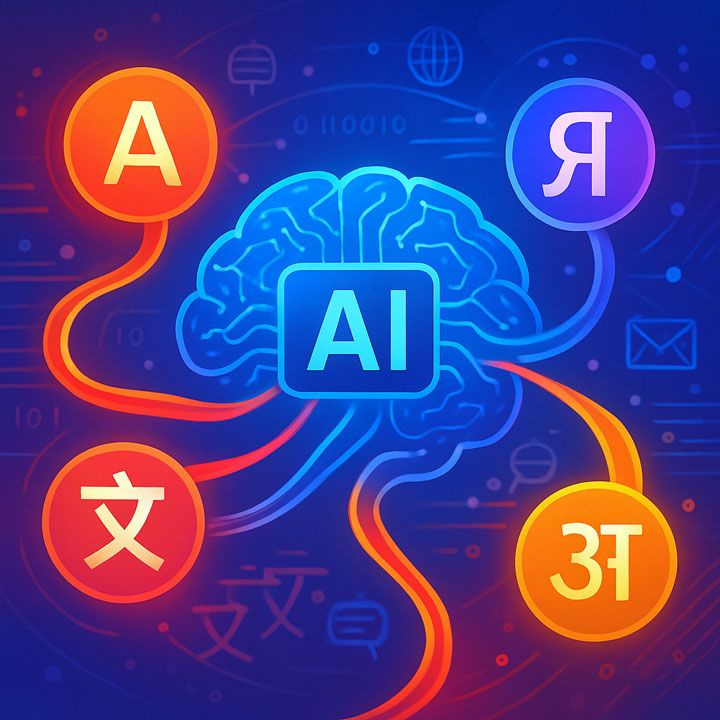We live in an era where technology has not only changed how we live but also how we communicate. Just a few decades ago, communication between people from different countries and languages was complicated, expensive, and slow. Today, thanks to technological advances, especially in artificial intelligence, that barrier has been significantly reduced. Language is no longer an obstacle to connecting globally.
One of the clearest examples of this transformation is machine translation. Tools like Google Translate, DeepL, and AI assistants have made it possible for a person in Japan to easily communicate with someone in Mexico in a matter of seconds. Artificial intelligence has learned to understand and translate hundreds of languages with great accuracy, allowing ideas, products, and cultures to cross borders without human translators.
Furthermore, video calling and virtual meeting platforms now integrate real-time translation features. This has been key for international remote work, where people from different countries collaborate on the same project, each speaking their language but understanding each other thanks to technology. It has also facilitated inclusion in global events, conferences, and online education.
Language learning has also evolved. Apps like Duolingo and Babbel use intelligent algorithms to teach languages in a personalized way, making the process more accessible, interactive, and efficient. This allows more people to learn languages out of personal interest or work-related needs, without relying on traditional methods.
Technology, then, has done more than facilitate translation: it has built bridges between cultures. Today, it is common to see people reading books, watching movies, or making friends in other languages. This exchange enriches global understanding, promotes tolerance, and opens up economic and social opportunities. In conclusion, technological evolution has not only improved our way of communicating but has also united the world like never before. Thanks to AI and digital tools, it no longer matters where you come from or what language you speak: there will always be a way to connect with others.
